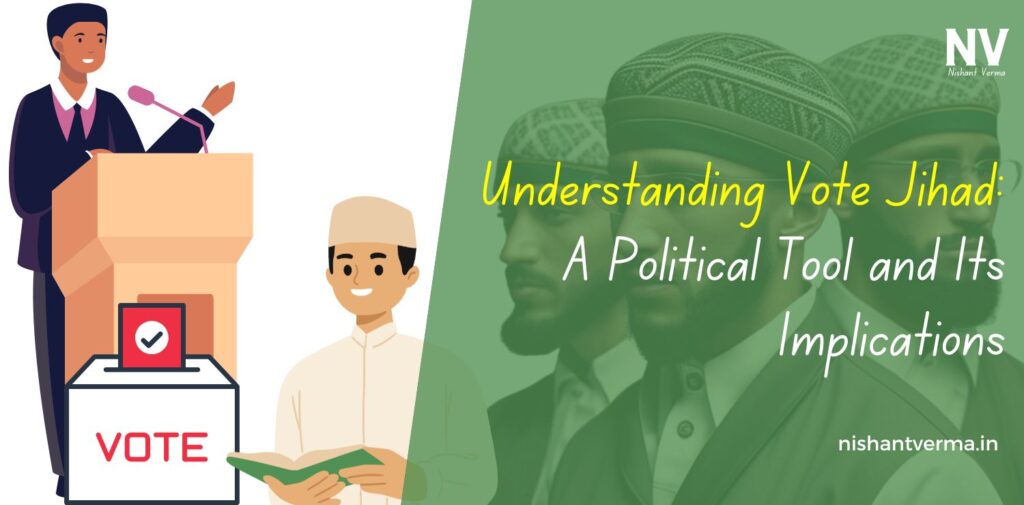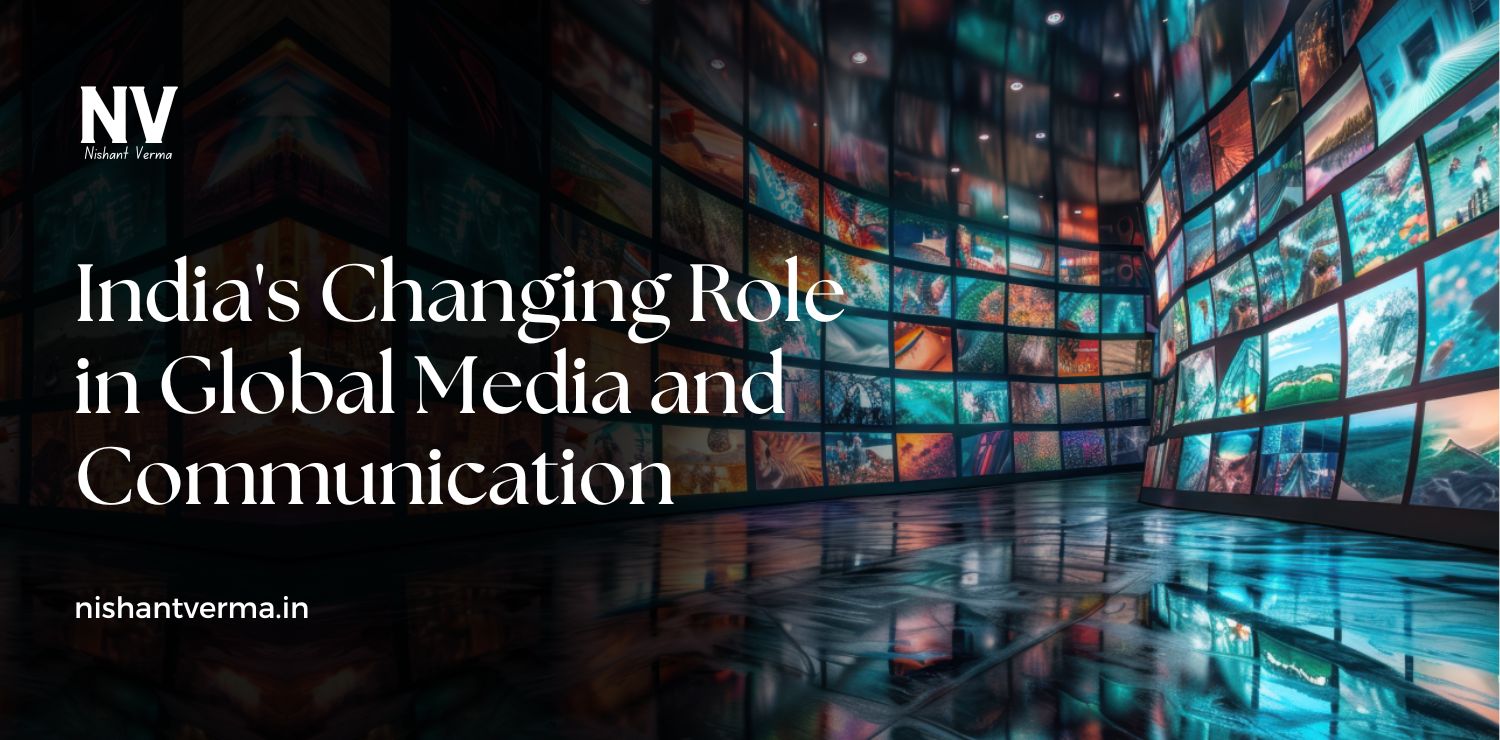Understanding Vote Jihad:
Understanding Vote Jihad is a term that has recently entered the political discourse in India, suggesting that Muslim communities are organizing to vote against parties like the BJP (Bharatiya Janata Party). This narrative paints Muslim voters as a united front aiming to sway elections away from the BJP, particularly in the upcoming 2029 elections. The term has become a focal point for political rhetoric, often used to incite fear and suspicion among different religious communities.
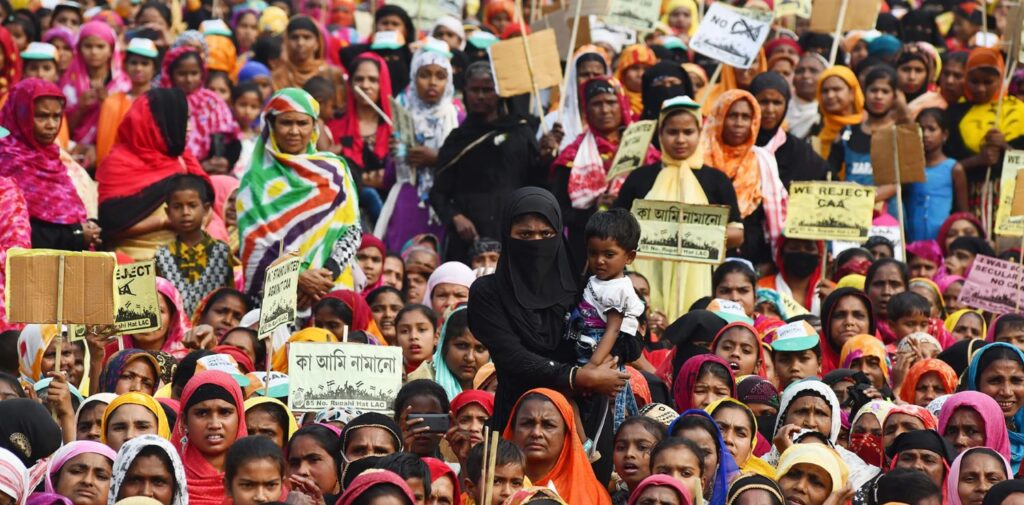
The Background of the Term
The concept of Vote Jihad has emerged alongside the earlier and highly controversial term, Love Jihad. While Love Jihad refers to alleged schemes where Muslim men deceive non-Muslim women into relationships for conversion purposes, Vote Jihad focuses on the voting behavior of Muslims. It implies that this community is collaborating to influence election outcomes against the BJP, which has faced criticism for its Hindu nationalist policies.
The Political Landscape: Congress Party and Its Hypocrisy
While the BJP has been at the center of this narrative, the Congress party has played a significant role in amplifying it. The Congress, often seen as the opposition party, has positioned itself as a protector of minority rights. However, their actions often reveal a different agenda—one that exploits communal tensions for political gain.
- The Manipulative Strategy of Congress: The Congress party has frequently leveraged the Vote Jihad narrative to mobilize its base. By portraying Muslims as victims of a calculated political strategy led by the BJP, they seek to galvanize support from secular and liberal voters who are concerned about communal harmony. This approach is manipulative, as it diverts attention from Congress’s own failures and shortcomings in governance.
- Diverting Attention from Governance Failures: Rather than addressing pressing issues such as unemployment, healthcare, and education, Congress uses the Vote Jihad narrative as a distraction. By framing the BJP as a threat to social harmony, they sidestep accountability for their governance and policy decisions. This strategy not only undermines democratic processes but also contributes to a polarized environment where constructive dialogue is stifled.
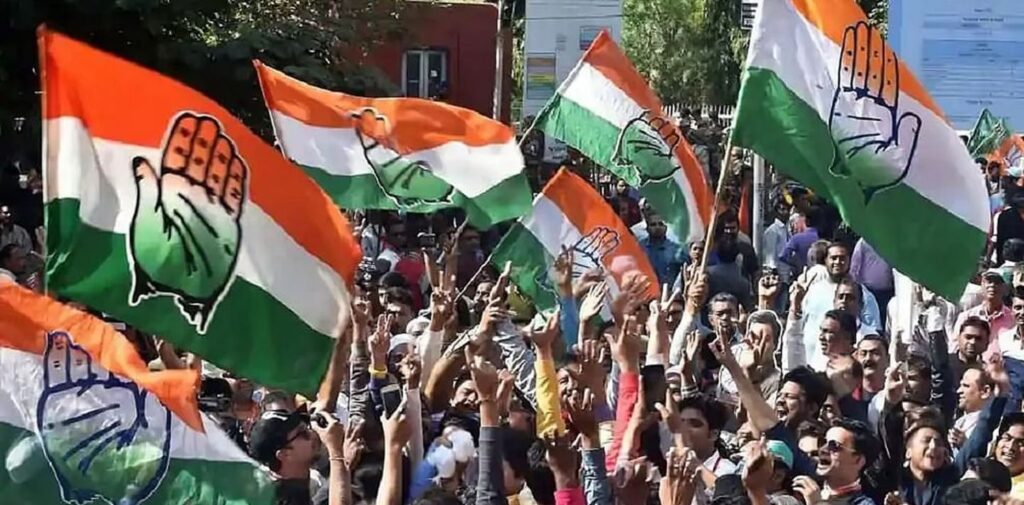
Aiding Division for Political Gain
Congress’s rhetoric often emphasizes the idea that Muslims must unite against the BJP, which can lead to further polarization within society. This framing reduces the complexities of voter behavior to a simplistic narrative of “us vs. them,” ignoring the diversity within the Muslim community and among Hindus. Instead of fostering understanding and cooperation, Congress perpetuates division, which can have lasting repercussions on social cohesion.
- Betraying Hindu Interests: In their pursuit of political gain, the Congress party has often sidelined the interests of the Hindu community. By focusing on narratives that portray Hindus as oppressors and Muslims as victims, Congress risks alienating a significant portion of the electorate. This hypocrisy undermines the idea of inclusive politics and fails to acknowledge that the well-being of one community cannot come at the expense of another.
Creating Tensions and Distrust
The use of the term Vote Jihad can exacerbate tensions between communities. When one group feels threatened, it can lead to hostility and conflict, ultimately harming social stability. This environment of distrust can have real-world consequences, such as increased violence and discrimination against minority groups, as well as a general atmosphere of fear that discourages open dialogue.
The Broader Implications understanding Vote Jihad:
Undermining Democracy
The Vote Jihad narrative poses a significant threat to the democratic process. When political parties resort to fear-mongering and communal rhetoric, they weaken the foundations of democracy. Voter participation is vital for a healthy democratic system, and when individuals feel that their votes are part of a larger, divisive scheme, they may choose to disengage altogether.
- Simplifying Complex Issues: Vote Jihad reduces complex political dynamics to simplistic narratives that do not capture the true motivations behind voters’ choices. Each voter has unique concerns and priorities that cannot be fully understood through a lens of religious identity alone. This oversimplification not only misrepresents the diversity within communities but also distracts from the real issues that need addressing.
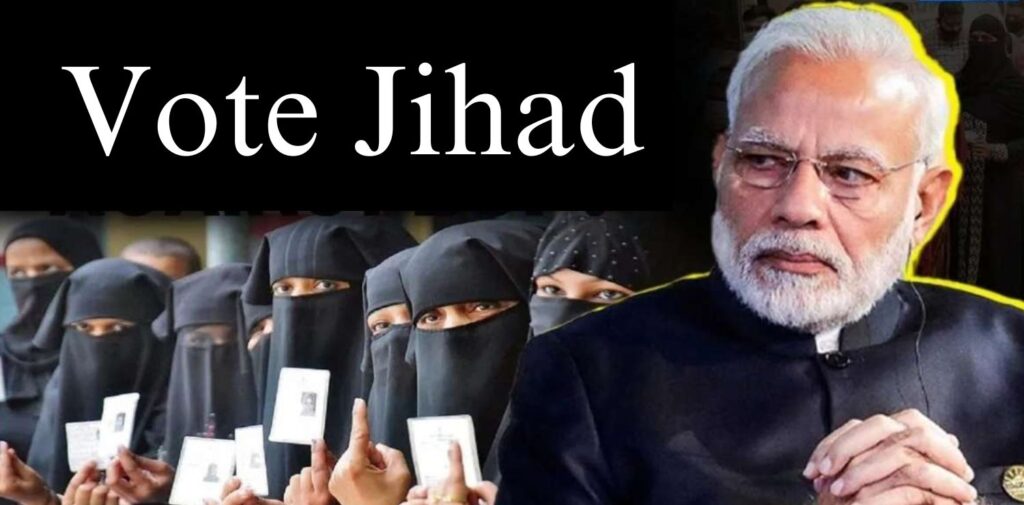
Promoting a Culture of Victimhood
The framing of Muslims as victims of Vote Jihad can inadvertently promote a culture of victimhood, undermining the agency of individuals within these communities. It suggests that they are mere pawns in a political game rather than active participants in shaping their destinies. This narrative diminishes their voices and contributions to society, reducing them to a single story of victimhood.
Why We Must Challenge Vote Jihad
- Fostering Unity: To counter the divisive nature of Vote Jihad, it is crucial to promote unity among communities. Instead of framing political differences in terms of religious identity, we should focus on shared values and common goals that can bring people together. Encouraging interfaith dialogue can help break down barriers and foster understanding among diverse groups.
- Encouraging Accountability: Political parties, including Congress, must be held accountable for their rhetoric and actions. It is essential to question narratives that exploit communal fears for political gain. By promoting transparency and accountability in politics, we can create an environment where constructive dialogue replaces fear-mongering.
- Building an Inclusive Society: An inclusive society recognizes and respects the rights and voices of all its members. Moving away from divisive narratives like Vote Jihad allows us to focus on issues that affect everyone, regardless of their background. When we prioritize inclusivity, we build a stronger foundation for social cohesion and stability.
Conclusion: Understanding Vote Jihad
Vote Jihad is a term that threatens to create unnecessary fear and division in society. By understanding its implications and the role of political parties like Congress in perpetuating this narrative, we can work towards a more inclusive and harmonious environment. It is essential to challenge the exploitation of communal tensions for political gain and promote unity, understanding, and accountability in our democratic process. Only then can we ensure that every individual feels valued and heard, regardless of their religious or political affiliations. In the end, fostering a culture of cooperation and mutual respect is key to building a better future for all communities in India.

